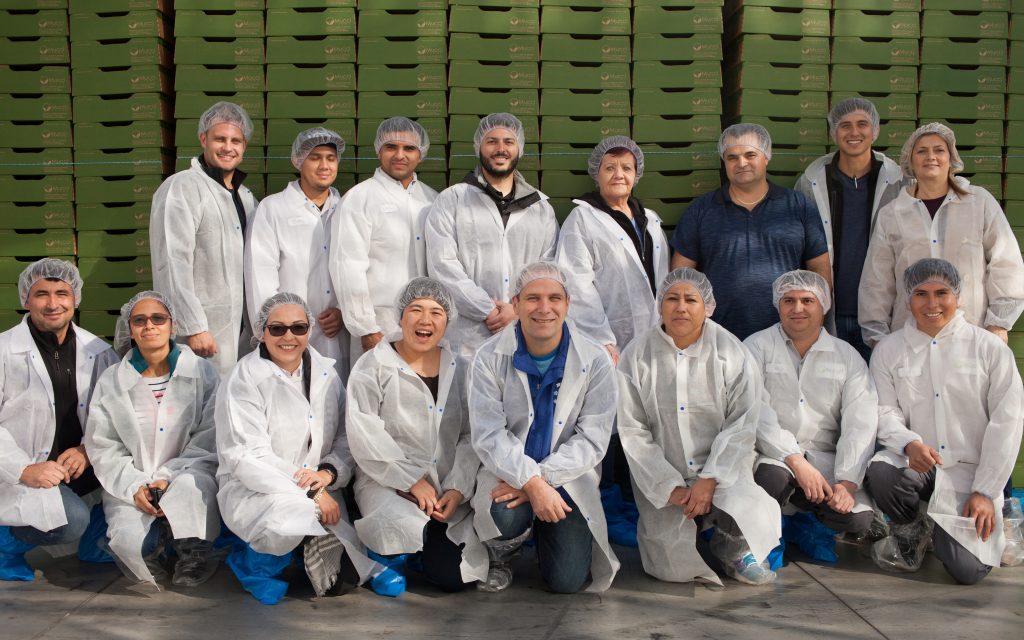
Against the landscape of change and challenge presented by the COVID-19 pandemic this past year, businesses are finding an opportunity to cast new vision for their corporate social responsibility plans.
The new normal for CSR is based on trends that were in play before the pandemic. It moves toward deeper authenticity and incorporates the answers to these two questions: What do you have to offer as a business? Who is being reached with these offerings?
What Do You Have to Offer?
The pandemic interrupted a move already taking place in the field of CSR: a shift away from philanthropy and volunteerism and toward engaging core competencies as the way for companies to give back to society. In other words, what can you give as a business that fits with your purpose and unique expertise?
For instance, during the pandemic, restaurants and gyms offered freebies and deals, automotive companies regeared factories to produce respirators and face shields and large retail brands used their global supply networks to help with sourcing supplies and equipment for hospitals.
Using existing expertise and unique strengths for a greater good builds on business purpose, providing an authentic CSR that goes deep.
Who Are You Reaching?
Over the last decade, another shift has been occurring in regard to business purpose and the purpose of CSR: a move toward stakeholder capitalism.
As recently as 2008, CSR was primarily meant for show and for shareholders. In the years since, the relationship between business and society has changed and a new generation of young consumers began to expect action to accompany the good intentions behind CSR, prompting the rise of stakeholder prominence. A company’s stakeholders include employees, customers, suppliers, investors, communities and others – people with “names, faces and children.”
Looking out for the best interest of all stakeholders as a CSR plan that’s woven into a business’s broad strategy adds a personal touch to authentic social responsibility.
Consumers Are Watching
Conditions created by the pandemic have pushed consumers to reflect on the societal and environmental impacts of their purchasing choices. This surge of collective reflection and an “all in this together” attitude have combined with the trends in CSR, resulting in an expectation that businesses should make contributions to the good of society while taking care of their stakeholders.
By addressing relevant issues within their areas of expertise and caring for stakeholders in their CSR efforts, companies give consumers reasons to take pride in brand association and reasons to stay loyal to the brand in the future. Data from recent studies show that consumers are indeed paying attention.
A Just Capital poll reports, “3 in 4 Americans say they will long remember the companies that took missteps in their response to the pandemic and an even greater proportion – over 4 in 5 – will remember those that did the right thing by their workers by ensuring their health and safety or doing their best to avoid layoffs.”
A recent Deloitte study found that 79% of respondents recall certain brands responding to COVID-19 by helping their customers, workforces and communities.
Further, respondents to the Edelman Trust Barometer, released in pre-pandemic January 2020, viewed business as the most competent institution to address global issues and suggested that stakeholders, including communities, consumers and talent, are most important to an organization’s long-term success.
What Changes to CSR Does Your Fresh Produce Company Need?
Genuine and authentic CSR requires a long-term vision that can keep your company moving in the chosen direction in the midst of the very real short-term pressures to recoup costs and react to new challenges. Invest in the long-term goals for your company by:
- Aligning your CSR efforts with your unique business purpose.
- Being willing to look internally and fix issues with systems and policies to ensure you are reaching all stakeholders.
For businesses in the fresh produce industry, aligning with the Ethical Charter on Responsible Labor Practices is an excellent example of a long-term CSR effort that checks both the boxes of aligned purpose and continuous improvement.
Fresh produce suppliers are in a unique position to guarantee fair labor practices for their employees up and down an ethical supply chain. Aligning with the Ethical Charter facilitates worker communication, continuous improvement and responsible recruitment, encouraging companies to establish systems that ensure a healthy, productive and efficient workplace culture.
For buyers, aligning with the Ethical Charter guarantees preferential purchasing from companies working hardest at social responsibility and assures consumers that purchases are lined up with their values. All stakeholders are covered.
Investing in compliance with the Ethical Charter as a purpose-aligned, stakeholder-focused approach to CSR also improves the bottom line by engaging workers in building a more efficient operation that produces higher quality product.
CSR, now more than ever, is about doing the right thing in a way that fits your company best. Now is the time to make a win-win investment in your overall strategy by thinking long-term with CSR principles of aligned purpose and continuous improvement.
Find out more about how EFI can help implement long-term CSR strategies for your company by visiting our EFI Services page.

